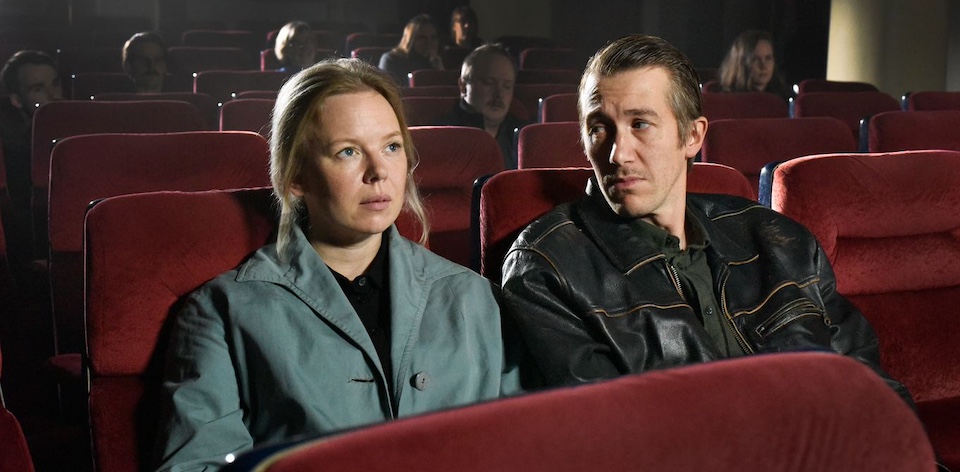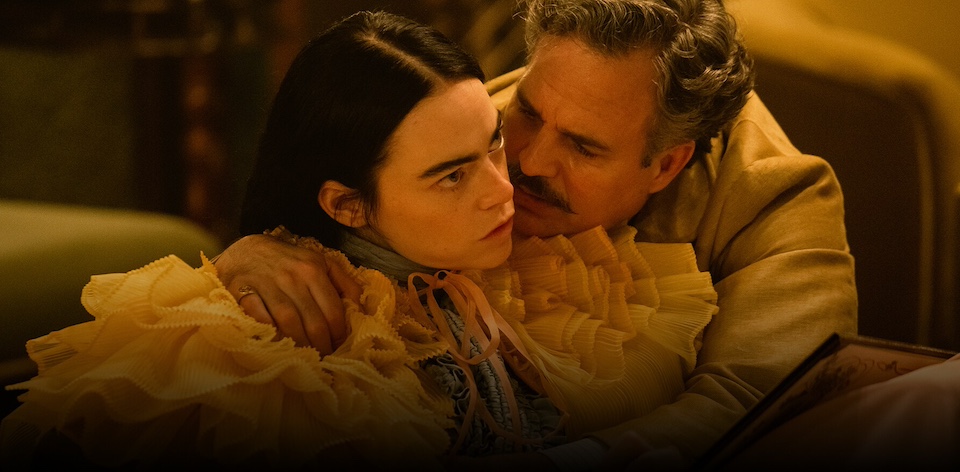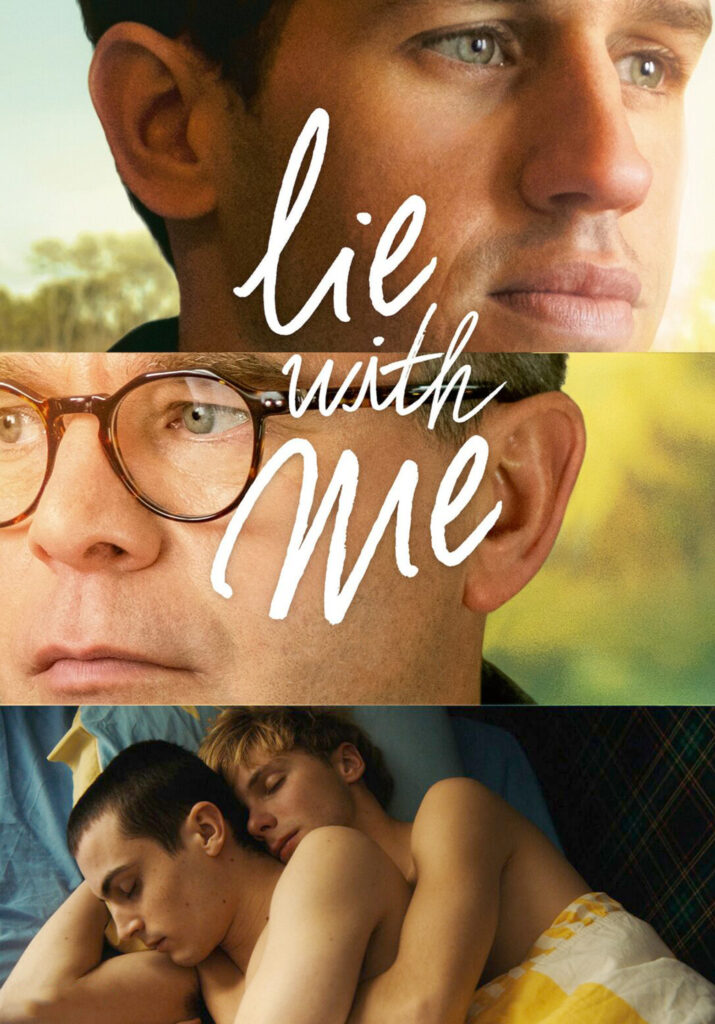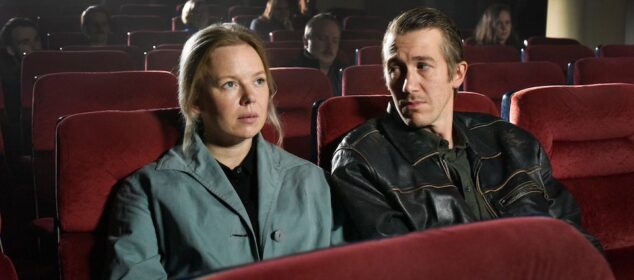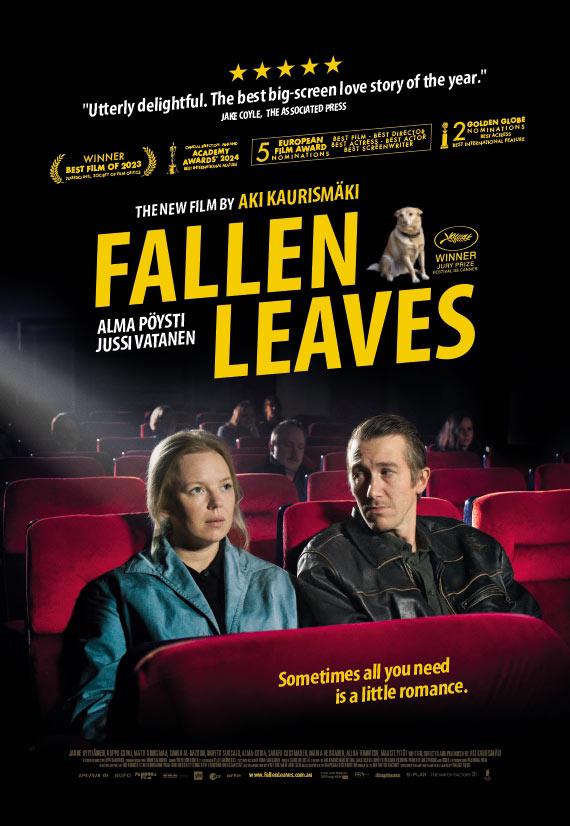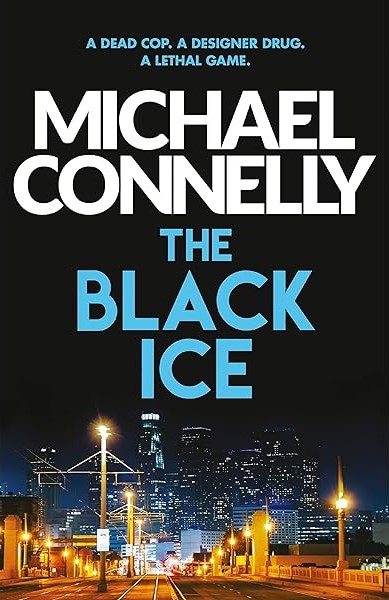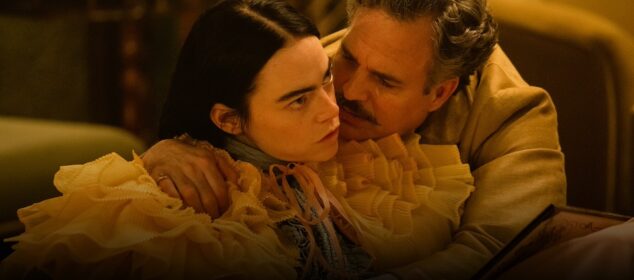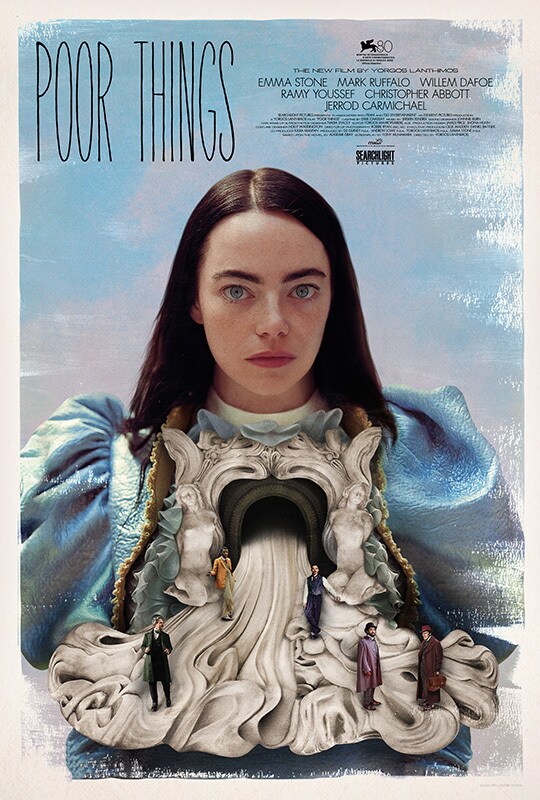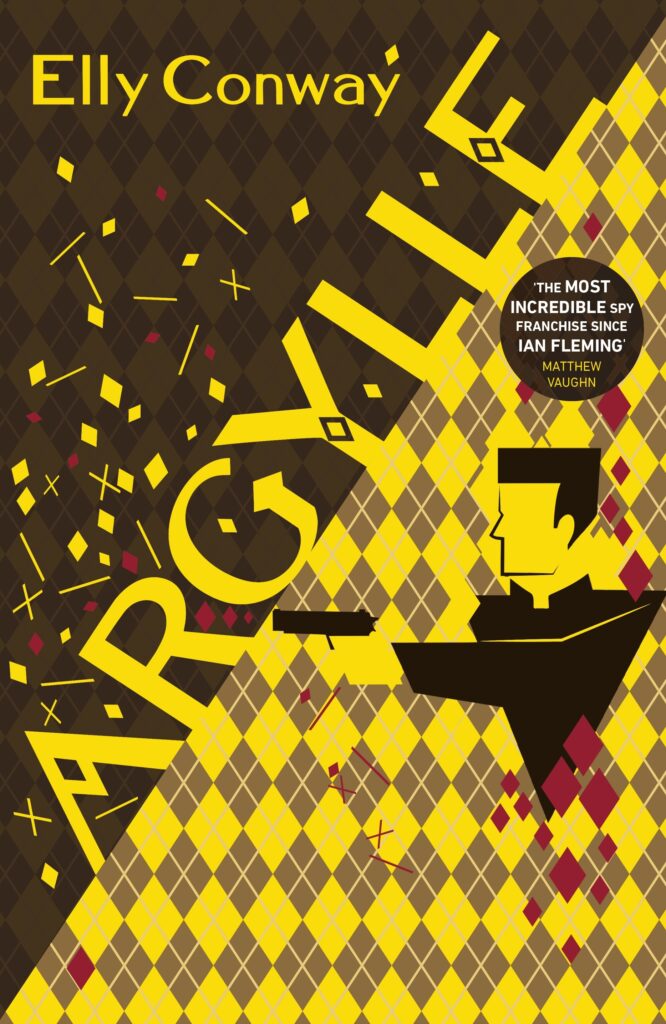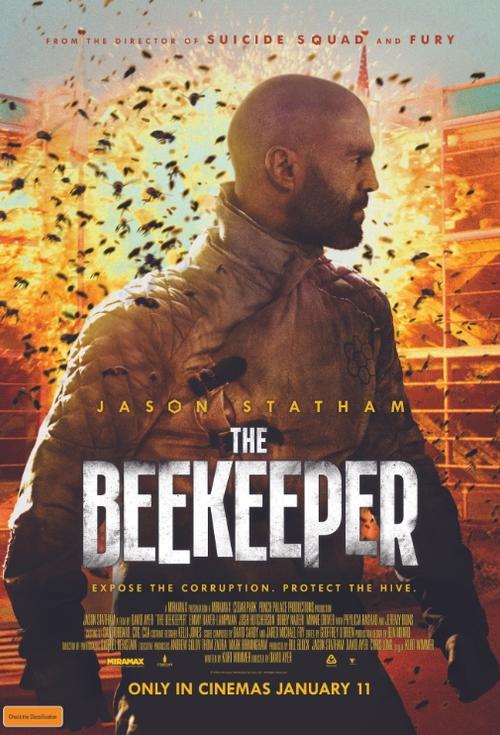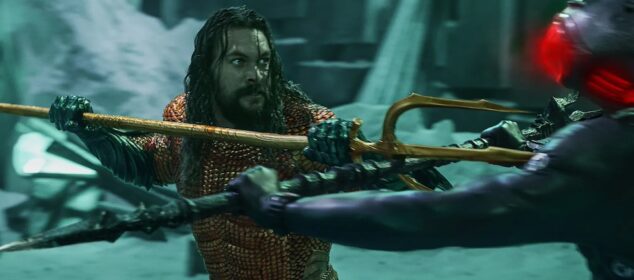Movie Review: Lie With Me
In France, things are quite different to the Anglosphere. Over there, a literary author can still be a meaningful part of the commentariat, work the TV circuit, and be a cultural touchstone. This foreign character is our entrée to Lie With Me, a movie that elegantly juggles the past and present while completely eliminating any element of coincidence or chance.
Stéphane Belcourt (Guillaume de Tonquédec), in the grip of a bout of writer’s block, returns to his hometown to promote cognac through a new novella and a commencement speech at the anniversary of the distillery. His wandering attention almost immediately latches onto distillery representative Lucas Andrieu (Victor Belmondo), who he quickly realises is the son of his first love. As Stéphane struggles with how much to reveal to Lucas, he considers the heartbreak of his school years, when his younger self (Jérémy Gillet) spent a season with Thomas (Julien De Saint Jean, The Lost Boys).
Adapted from Philippe Bresson’s book, the more literal title is “Stop With Your Lies” (the English title is a legacy of book translator Molly Ringwald). Stéphane is famous for autofiction, that most peculiarly European genre, and has been lax at covering his tracks to the point that multiple of his novels have had characters named Thomas, and one was directly called Thomas Andrieu. In the original book, this extends as far as the narrator character himself being named Philippe. It’s not difficult to see the parallels.
Yet Lie With Me operates at a remove as a film; writer/director Olivier Peyon is steering, rather than Besson, and the film’s split structure offers a dynamic character study of Stéphane across decades. Peyon chooses to focus mainly on de Tonquédec and Belmondo, with the past used as background to inform the present. The two leads bounce off each other in an alternately cordial and antagonistic way, and there is a genuine back and forth that keeps the movie buoyant. The cognac focus allows for unusual developments, as the lead character is near teetotal; when it comes time for the grand speech to commence it has dramatic impact for the theatrical audience but, on a pragmatic level, you have to wonder what the guests at the cognac event were making of it.
Lie With Me has a particular Frenchness that sticks to its walls, despite the universality of its lost love ricochet backdrop. Though it helps, you don’t need a degree in French literature to unpack the meta to get something out of it; aided by strong performances from de Tonquédec and Belmondo, Peyon has taken Bresson’s work and made it his own.

